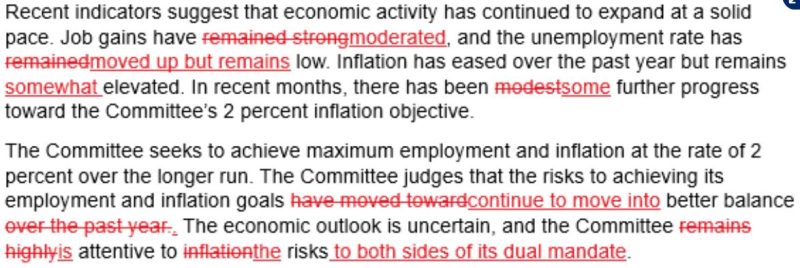The Federal Reserve, commonly known as the Fed, is an independent entity established to steer the nation towards economic stability through the implementation of monetary policies. However, recent events have brought into question the efficacy and consequences of the Fed’s actions. The Fed’s decision to create vast amounts of liquidity through quantitative easing and low-interest rates has been both a blessing and a curse, leading to unforeseen outcomes that have reverberated through the economy.
One of the primary mechanisms through which the Fed influences the economy is by adjusting interest rates. Low-interest rates are designed to encourage borrowing and spending, stimulating economic growth. However, by keeping rates artificially low for an extended period, the Fed has inadvertently fueled speculative bubbles in asset prices. Real estate markets, stock markets, and even cryptocurrencies have experienced significant inflation, creating the potential for a severe market correction in the future.
Furthermore, the massive infusion of liquidity into the financial system through quantitative easing has had unintended consequences. While intended to stabilize markets during times of crisis, this flood of money has disproportionately benefited the wealthy and exacerbated income inequality. The average consumer has not seen a corresponding increase in wages or wealth, leading to a growing divide between the rich and the poor.
In addition to the wealth gap, the Fed’s relentless pursuit of inflation targets has raised concerns about the long-term stability of the economy. By continually devaluing the currency through inflation, the purchasing power of the average citizen diminishes over time. This erosion of wealth can have lasting implications for future generations, creating a cycle of economic instability that is difficult to break.
Moreover, the Fed’s actions have also had international ramifications. The global economy is intricately connected, and decisions made by the Fed have a ripple effect across the world. Emerging markets, in particular, can be vulnerable to sudden shifts in monetary policy, leading to currency crises and economic downturns.
In conclusion, while the Federal Reserve plays a crucial role in maintaining economic stability, its actions can have far-reaching and unintended consequences. By creating its own nightmare through unprecedented levels of liquidity, low-interest rates, and inflation targets, the Fed risks destabilizing the economy and further exacerbating existing inequalities. Moving forward, it is essential for the Fed to strike a delicate balance between stimulating growth and safeguarding against the pitfalls of excessive intervention. Only by carefully navigating these waters can the Fed fulfill its mandate of fostering a healthy and prosperous economy for all.
